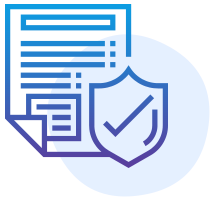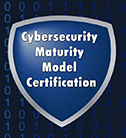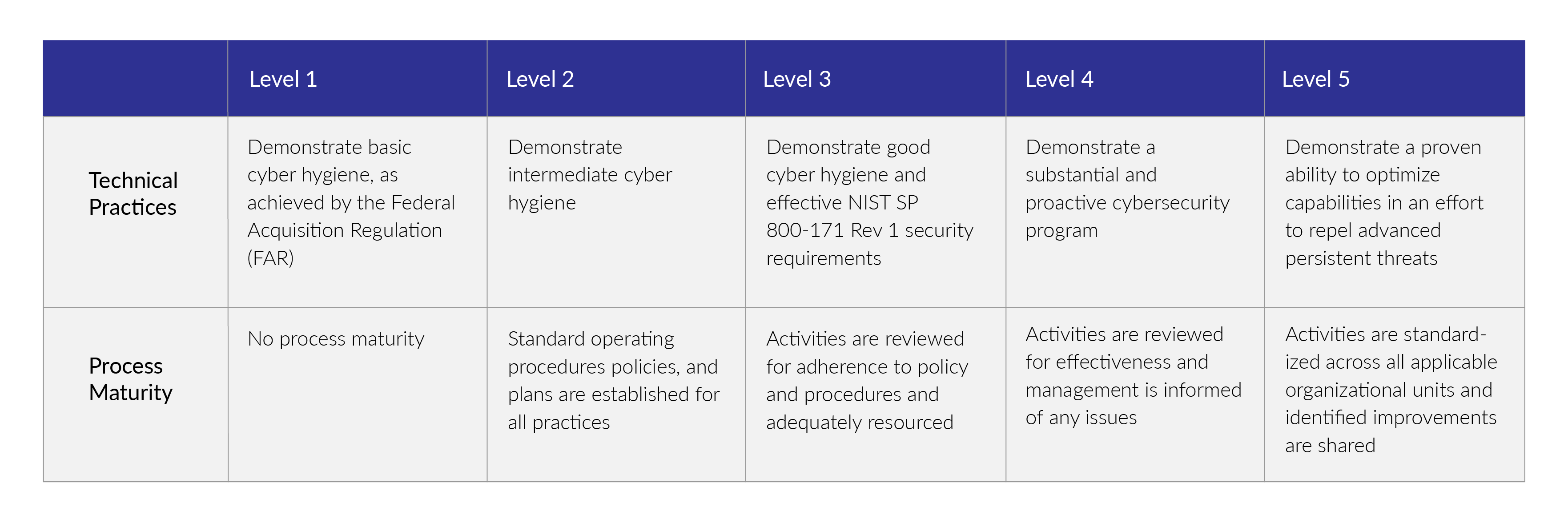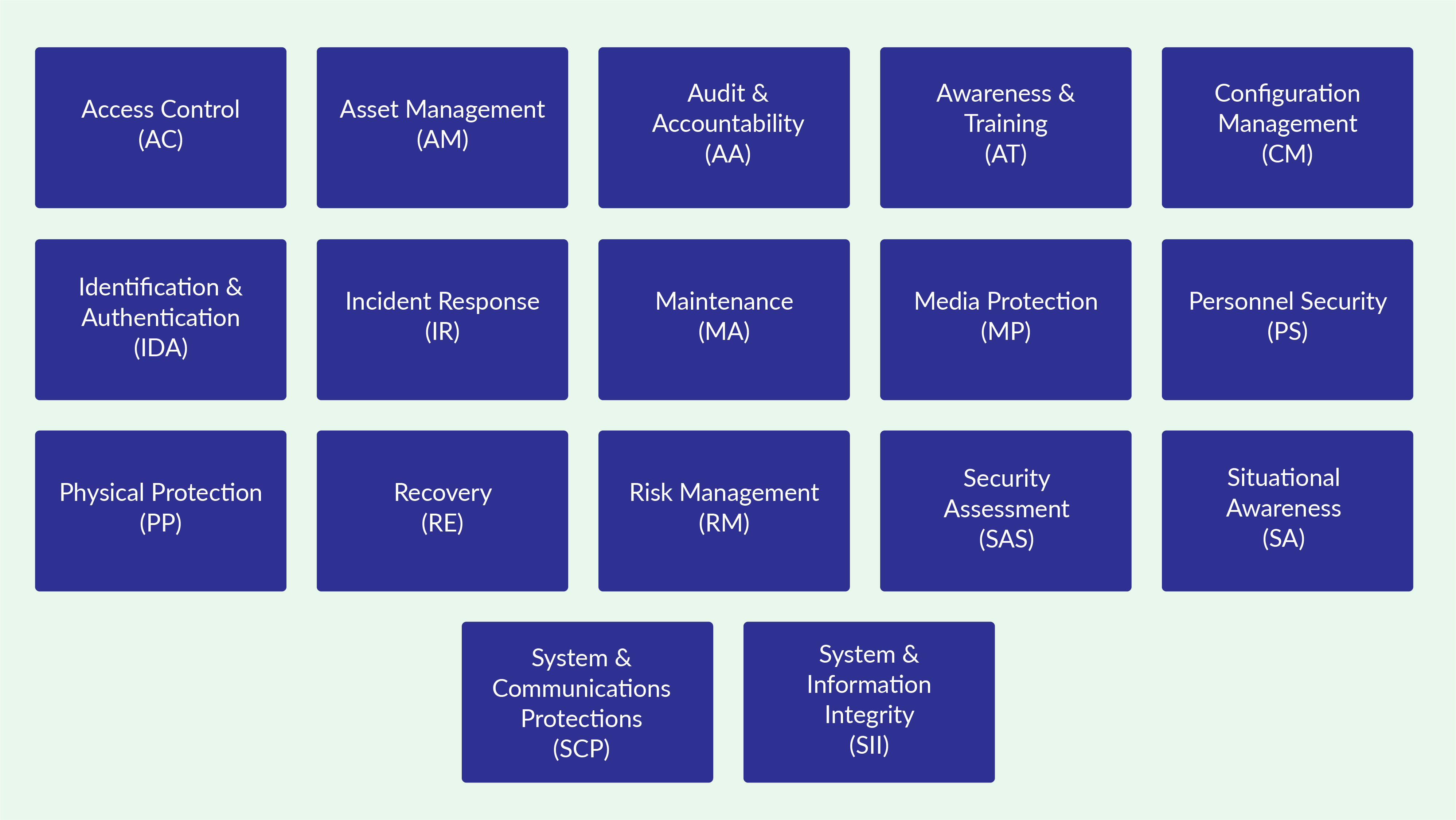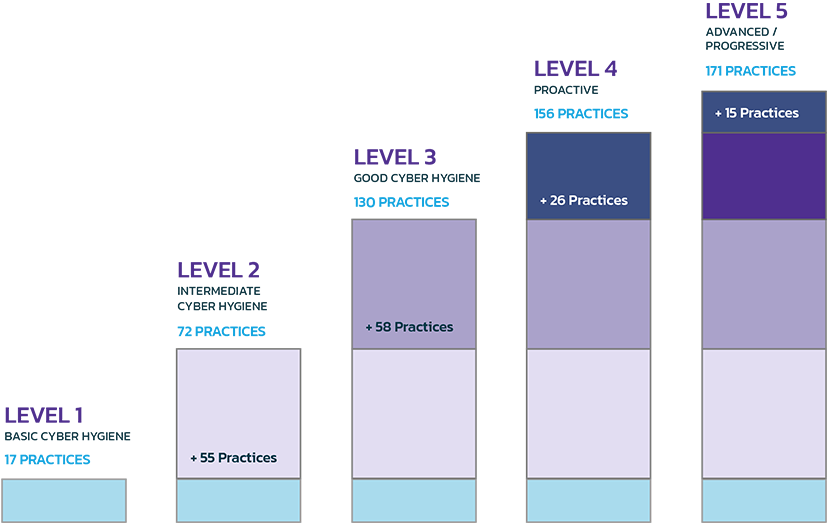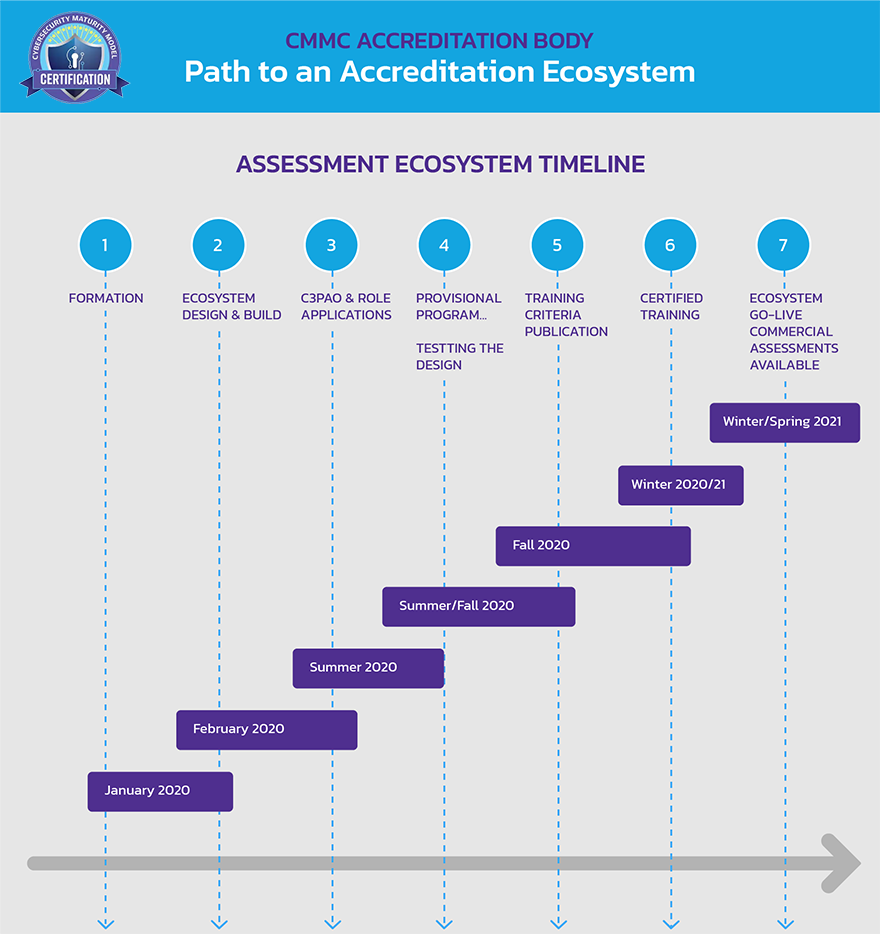Resources
Cybersecurity Resources
Free Resources
https://www.nsa.gov/what-we-do/cybersecurity/#professional-resources
National Security Agency (NSA) technical how-to guides and information sheets for destroying media or security networks and computers.
https://staysafeonline.org/resources/cybersecurity-for-business/
National Cyber Security Alliance program helping small and medium-sized businesses (SMBs) learn to be safer and more secure online.
https://www.ftc.gov/tips-advice/business-center/privacy-and-security
Federal Trade Commission guide and resources for protecting small businesses.
https://www.nist.gov/itl/smallbusinesscyber
National Institute of Standards and Technology (NIST) The small business cybersecurity corner provides free information produced by federal agencies, including NIST and several primary contributors, as well non-profit organizations and several for-profit companies.
https://www.dhs.gov/publication/stopthinkconnect-small-business-resources
Federal Department of Homeland Security (DHS) guides and links to resources for small business including best practices and technical guidance.
https://www.us-cert.gov/ccubedvp/smb
US Computer Emergency Readiness Team (US CERT) resources to help small business create or improve a cybersecurity program.
https://www.cisecurity.org/resources/newsletter/
Center for Internet Security cyber newsletters. No requirement to subscribe to read current or past issues. Oriented toward the non-technical reader for news, threat awareness, and best practices.
https://twofactorauth.org/
List of websites and whether or not they support 2FA.
https://www.sans.org/security-awareness-training/resources
SANS free security awareness posters, videos, and resources.
https://www.cyber.nj.gov
NJ Cybersecurity and Communications Integration Cell (NJCCIC) is the State’s one-stop shop for cybersecurity information sharing, threat analysis, and incident reporting.
https://www.infragard.org
FBI’s service organization for partnership between private sector and FBI in promoting awareness and best practices against cybercrime. Open to businesses and individuals.
https://www.cisecurity.org/cybersecurity-tools/
Center for Internet Security, Inc. is a non-profit entity that harnesses the power of a global IT community to safeguard private and public organizations against cyber threats.
https://www.cyberflorida.org/smb/
CyberFlorida partnership among public universities – resources and workshops for small business awareness of cybersecurity issues.
https://www.fcc.gov/cyberplanner
Federal Commerce Commission tool to help a small business create a security plan.
Incident Reporting
https://www.dhs.gov/sites/default/files/publications/Cyber%20Incident%20Reporting%20United%20Message.pdf
CyberCrime reporting tips
https://www.justice.gov/criminal-ccips/reporting-computer-internet-related-or-intellectual-property-crime
List of federal agencies that investigate computer hacking, fraud and other internet-related crime
https://www.ic3.gov/complaint/default.aspx/
FBI Internet Crime Compliant Center (IC3) accepts online Internet crime complaints from either the actual victim or from a third party to the complainant.
https://www.ic3.gov/preventiontips.aspx
Internet Crime Complaint Center; includes form for reporting and how-to guides to guard against being a victim.
https://fightcybercrime.org/
Arm yourself with the information you need to recognize, report and recover from cybercrime. Cybercrime Support Network is your advocate and partner in protecting your online data and privacy.
https://www.ftc.gov/system/files/documents/plain-language/pdf-0154_data-breach-response-guide-for-business-042519-508.pdf
Federal Trade Commission guide with steps to take once a breach has occurred.
Free Training
https://fedvte.usalearning.gov/public_fedvte.php
The Federal Virtual Training Environment (FedVTE) provides free courses without login requirements.
https://www.sba.gov/events/find/?dateRange=all&distance=200&q=cybersecurity&pageNumber=1
Upcoming Cybersecurity events.
https://www.fbi.gov/investigate/cyber
FBI overview for areas of cybercrime with resources for training of all ages in best practices.
https://www.cybrary.it/
Cybrary provides thousands of free online Cyber Security training classes.





